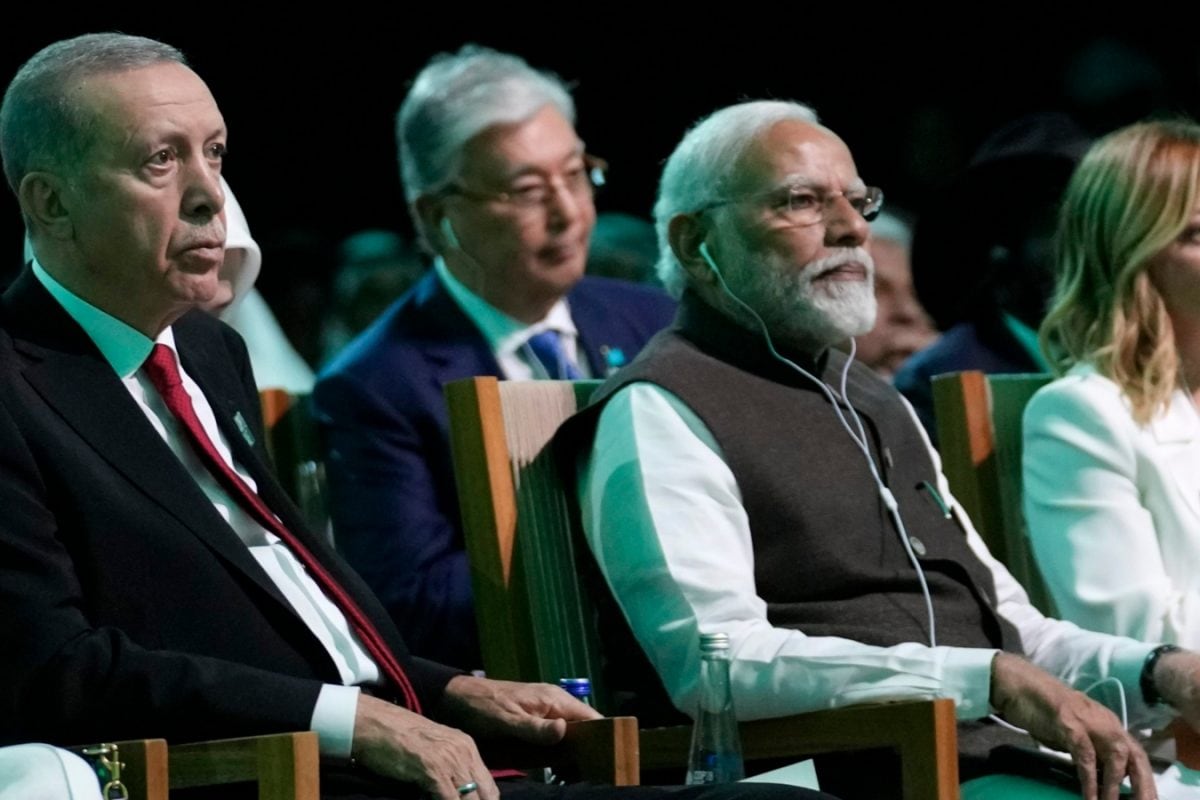

India's stance on normalizing relations with Turkey appears firm, with the Foreign Secretary, Vikram Misri, conveying a clear message that a return to normalcy is not on the horizon anytime soon. This statement comes in the wake of recent tensions and Turkey's perceived support for Pakistan, particularly following the Pahalgam attack and subsequent events.
Misri's comments, made to a parliamentary committee, underscored the government's assessment that Turkey's alignment with Pakistan during the recent conflict was "not surprising". This suggests a deeper understanding of the existing dynamics between the two nations and acknowledges the challenges in forging a strong bilateral relationship.
The recent strain in relations has manifested in several ways. Following Operation Sindoor, which led to increased tensions between India and Pakistan, there have been growing calls within India to boycott Turkish goods and services. This sentiment arises from Turkey's perceived support for Pakistan. Travel platforms like EaseMyTrip, Cox & Kings, and Ixigo have reportedly halted bookings to Turkey reflecting the public sentiment. Fruit traders have also reportedly boycotted Turkish goods, with one trader stating that the decision was made because Turkey supplied drones to Pakistan that were used in attacks against India.
Furthermore, the Indian government has taken concrete steps indicating a change in its approach towards Turkey. The Bureau of Civil Aviation Security (BCAS), a division of the Ministry of Civil Aviation, cancelled the license of Turkish firm Celebi Aviation, which provides ground handling services at nine major airports across India, citing national security concerns. Several Indian universities, including Jamia Millia Islamia (JMI), Jawaharlal Nehru University, and Maulana Azad National Urdu University, have suspended academic ties with Turkish institutions, demonstrating a further severing of links.
Despite these tensions, it's important to consider the historical and economic context of India-Turkey relations. Diplomatic relations were established in 1948. There have been high-level visits and discussions on cooperation in areas like trade, investment, defense, and security. Bilateral trade between the two countries has been significant, with India maintaining a trade surplus. However, political differences, particularly Turkey's close relationship with Pakistan, have often been a source of friction.
Under President Recep Tayyip Erdogan, Turkey has seemingly grown closer to Pakistan, a shift from earlier secular governments that sought a more balanced approach. This alignment has caused concern in India, especially when Turkey has echoed Pakistani narratives on issues like Kashmir in international forums.
Looking ahead, India seems to be adopting a strategy of dealing with Turkey pragmatically, safeguarding its own interests. While calls for boycotts may have a limited impact on Turkey's economy, they carry a strong sentimental message. India's focus is on crafting a relationship with Turkey that is independent and advances its national interests, recognizing Turkey's role as a rising power and its diplomatic presence in the region. This includes countering Turkey's statements in global forums and exposing any perceived hypocrisy.
Ultimately, while economic ties remain important, the path to normalizing relations appears contingent on a change in Turkey's stance towards Pakistan and a greater understanding of India's concerns regarding regional security.